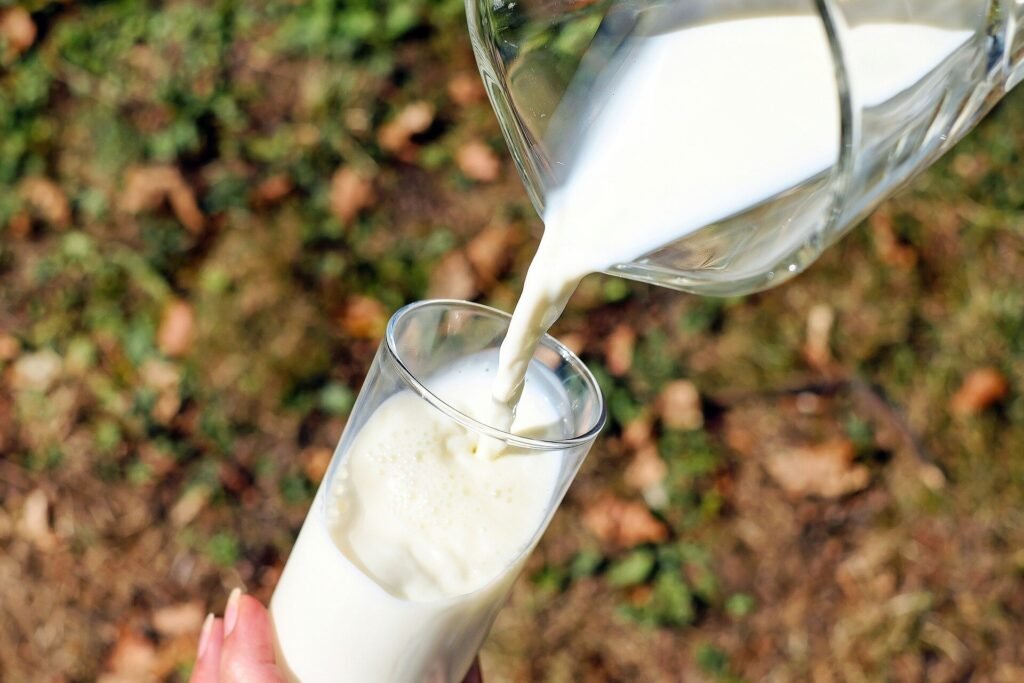A glass of milk a day could help keep bowel cancer away—or so finds a study by Oxford University and Cancer Research UK. The research suggests that increasing daily milk intake by as little as one glass could have a significant impact on lowering the likelihood of developing bowel cancer.
There are nearly 45,000 cases of bowel cancer every year in the UK, making it the nation’s fourth most common cancer—and third worldwide—but many of these are preventable. According to Cancer Research UK data, 54% of all bowel cancers could be prevented by having a healthier lifestyle. Smoking, lack of exercise, alcohol, eating processed meat, and poor diet are all significant factors in the development of bowel cancer.
As an oncologist, I advise my patients about how diet and lifestyle can influence health, including the risk of developing cancer. But this research—one of the largest studies into diet and disease so far—has shed new light on how easy, cheap diet changes can help everyone to reduce their cancer risk.
For example, as well as drinking an extra glass of milk per day, reducing consumption of alcohol and red and processed meat could also help protect against cancer. The study found that drinking an additional 20g of alcohol a day, equivalent to a large glass of wine, increased bowel cancer risk by 15%. Consuming more than 30g of red and processed meat daily was linked to an 8% increase in bowel cancer risk.
Researchers took a novel, two-pronged approach to examine the association between milk consumption and bowel cancer risk. The study began by analyzing genetic data from over 542,000 women, focusing on variants associated with lactase persistence, the ability to digest lactose in adulthood. Next, detailed dietary information was collected from participants, including daily milk intake, to estimate the causal effect of milk consumption on bowel cancer risk.
The analysis found that consuming an additional 244g of milk per day led to a 17% lower risk of developing bowel cancer. This reduction applied to different types of milk, such as whole, semi-skimmed, and skimmed.
The protective effect of milk consumption was independent of other dietary factors and lifestyle habits, suggesting that milk’s benefits in reducing bowel cancer risk are not due to healthier overall lifestyle choices.
Possible reasons for the reduction in bowel cancer risk with milk consumption include its rich calcium content, the anti-cancer properties of vitamin D, promotion of beneficial gut bacteria by lactose, and the presence of conjugated linoleic acid with potential anti-cancer properties.
It is important to note that milk consumption may not be suitable for everyone, especially those with lactose intolerance or allergies. Consulting healthcare professionals before making dietary changes is advised.
Overall, this research provides compelling evidence for the role of milk consumption in reducing bowel cancer risk. The study highlights the potential impact of small dietary changes on public health and emphasizes the importance of understanding the relationships between diet and disease for individual and public health decisions.


